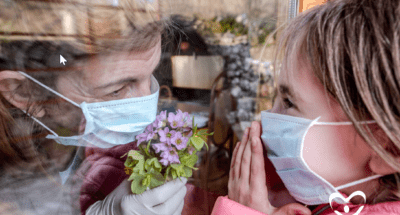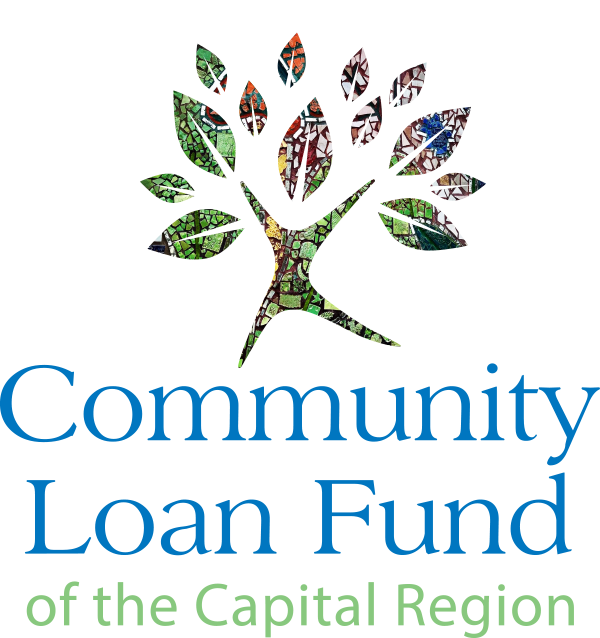Earlier in the year, the Community Loan Fund closed on a $250,000 line of credit with the New York State CASA Association to support operations while the organization awaits grant funds from the New York State Office of Victim Services.
New York State CASA Association has 15 programs across 27 counties that help support children who are in foster care or at risk for out-of-home care.
CASA volunteers focus on the unique needs of each child, including their physical and emotional health, education, wellbeing, and permanency, says Jackie Boissonnault, Executive Director for New York State CASA Association. “Volunteers are assigned by the family court judge to monitor a child’s situation, identifying and advocating for gaps in services, and generating a comprehensive report for the judge’s review in preparation for each hearing.” Many of the children are victims of abuse or neglect, and the CASA volunteer is often the one consistent, safe adult in the child’s life.
CASA, or Court Appointed Special Advocates was started in 1977 by a concerned judge in Seattle who wanted to create a way for volunteers to serve as an “extra set of eyes and ears” for children who entered the family court system. The New York State CASA Association was created in 1995, and under the leadership of the late Honorable Judge Judith Kaye, CASA Programs were funded statewide through the Unified Court System, Office of Court Administration.
In 2019, CASA served 2,836 children across the state of New York, devoting 79,288 hours to their care and service. Sixty-eight percent of those children were successfully returned to their families.
COVID has posed significant challenges for families and courts this year, says Boissonnault. The statewide shutdown strained already overloaded court systems, and volunteers are facing an unparalleled number of families in crisis. But through it all, CASA has worked to meet the needs of children. “Volunteers were doing virtual check-ins, they were getting computers for children who were doing virtual learning. They were doing diaper and supply drops to people’s front porches,” says Boissonnault. “If court was happening, we were there.”
Boissonnault joined CASA in 2019. Prior to that, she was the Director of Children’s Advocacy Services at the Mental Health Association of Westchester, a position she held for more than 20 years. Ms. Boissonnault is thrilled to join this dedicated statewide team, and she commends their unwavering commitment to New York’s most fragile children.
The revolving credit line will help the agency serve more families in 2020 and beyond. The funds will help the organization fulfill a 3-year grant to extend entitlement benefits to abused children. The grant is helping the agency double their budget and serve even more children. The only drawback, she explains, is that this grant, like most grants, is reimbursable, meaning that nonprofits like hers have to ramp up, hire new staff, train and equip them, and begin delivering services before they can receive reimbursement, and that can wreak havoc on their budgets. Revolving lines of credit like those available through the Community Loan Fund are clutch for successfully executing grant programs like these, she says, adding, “It’s just been so smooth.”
Looking ahead, Boissonnault says she is concerned about the impact COVID is continuing to have on people and urges everyone to be cognizant of the financial and emotional toll this pandemic is taking on families – and especially children.
“We really as a community need to support families,” she says. “This is a time more than ever to consider the little things that we can all do to make sure there is enough room for everyone to thrive.”



